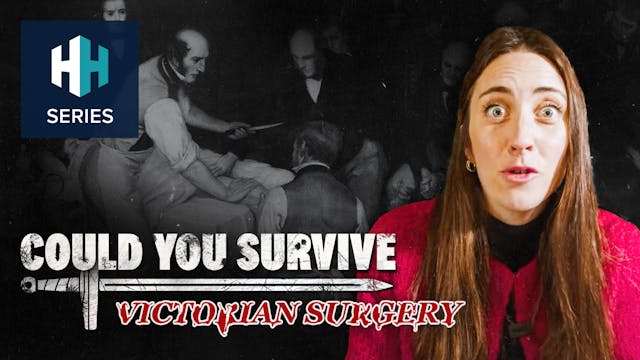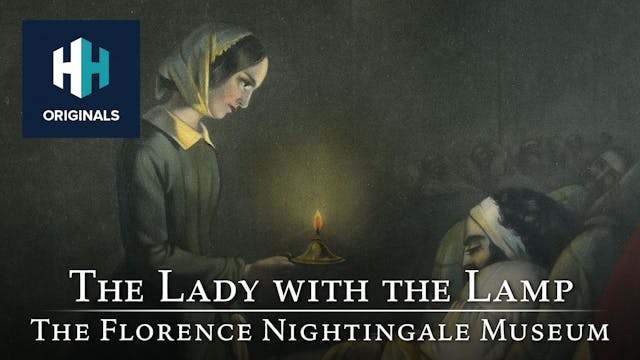As new technologies emerged throughout the 19th century, and the use of water and steam power became commonplace, millions of rural workers, including thousands of children, descended on the growing industrial towns to work in mills and factories. Northern cities such as Manchester, Leeds and Sheffield became industrial powerhouses, exporting textiles such as cotton, wool, silk and linen worldwide to Britain's expanding empire. As well as producing textiles, these establishments would generate enormous profits for a new class of industrialists and entrepreneurs.
But what was ordinary life like for a Victorian factory worker? What were the conditions and safety standards like in a mill in Victorian England? And how did their lives compare to ours today?
In episode one of this two-part series, History Hit presenters Luke Tomes and Louee Dessent delve deep into the historic spirit of the 1800s industrial revolution, filling the shoes of a wealthy Victorian industrialist and a poor Victorian labourer respectively at National Trust's Quarry Bank Mill in Cheshire, built in 1784 by the renowned entrepreneur Samuel Greg.
Together, using contemporary accounts and testimony, they'll explore how your experience of the industrial revolution could be very different, depending on what you did for a living... and your place in society.
So the question is, could you survive as a Victorian factory worker? Watch the video to find out!
Up Next in Victorians
-
Could You Survive Victorian Surgery?
In this video, History Hit's Alice Loxton dives deep into London’s grisly past. She goes under the knife and takes a forensic look at the horrors of Victorian medicine. And where better to do so than the Old Operating Theatre Museum and Herb Garret - one of London’s hidden gems.
The museum is h...
-
The Lady with the Lamp: The Florence ...
Alice Loxton pays a visit to The Florence Nightingale Museum to unveil the true story of the Lady with the Lamp. Joined by David Green and Amber Lickerish, she learns how Nightingale broke through the restrictions of Victorian convention, laid the foundations for modern nursing, and tirelessly ca...



5 Comments